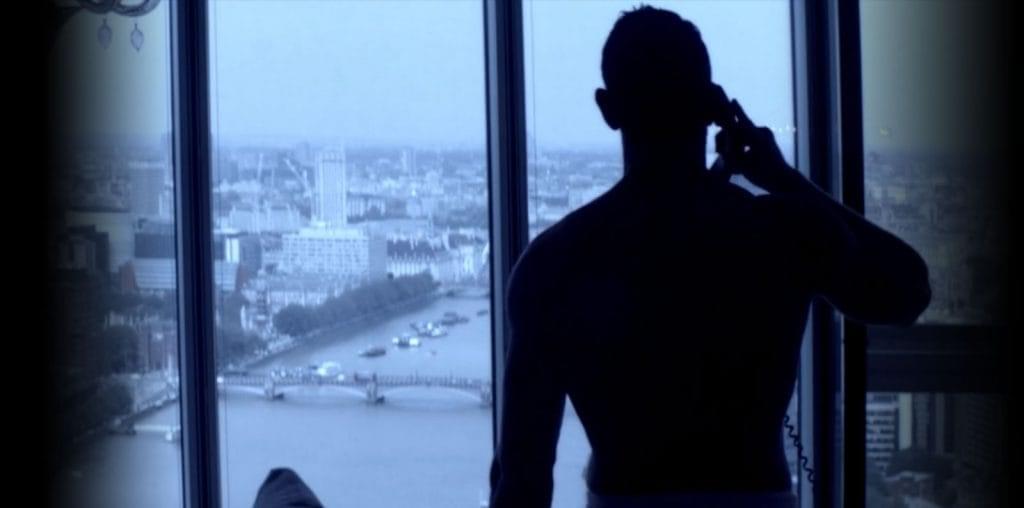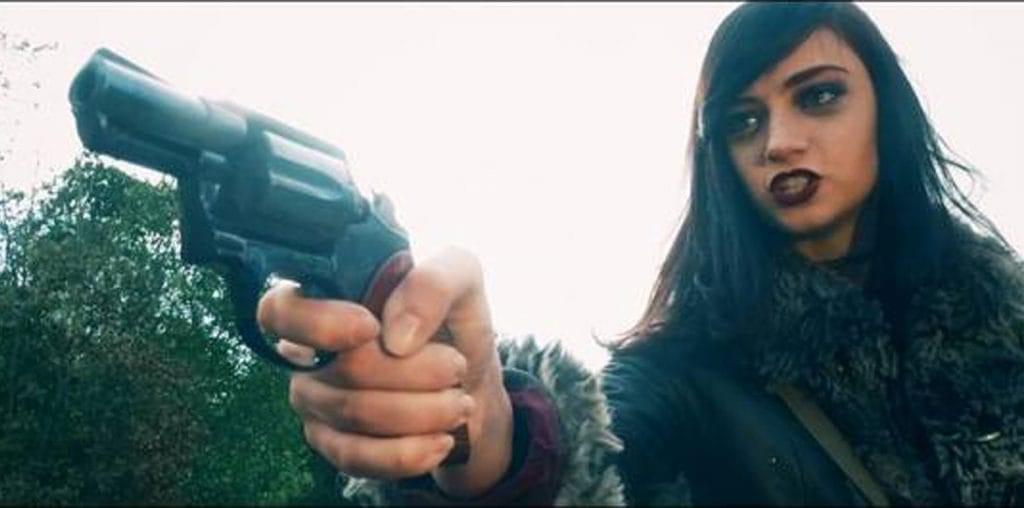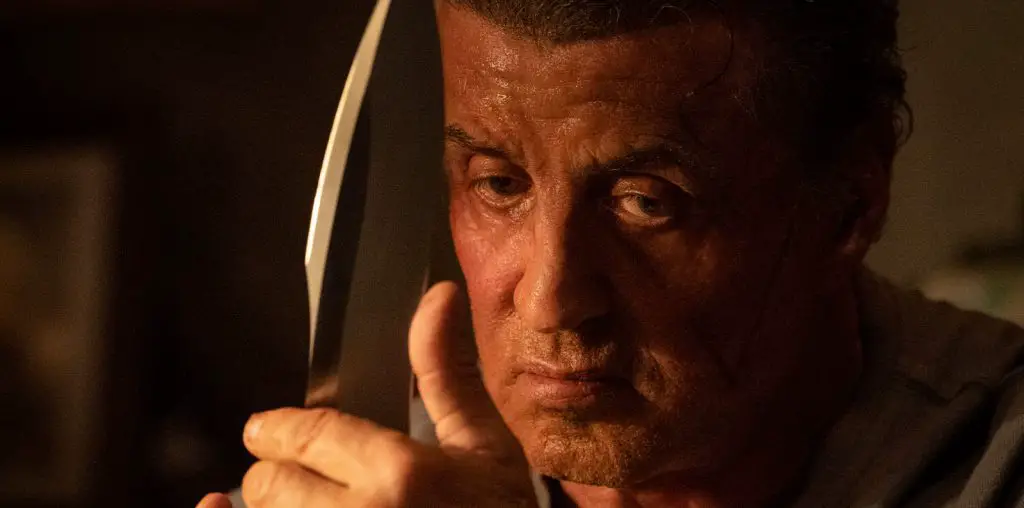
I would imagine you didn’t have $100 million to make your movie, but are there tips and tricks that you’ve found along the way that you could pass on to someone who doesn’t have a very large budget, but wants to make an action film?
I think, first of all, some of these may just sound obvious, but I’ll say them. Surround yourself with people who have more experience than you, and listen to them. You don’t have to agree with everything, but get people who are more experienced than you on board. Raise your game. Don’t pretend that you know it all. That’s my first thing.
My second thing is because I’m an editor as well…I don’t know how many filmmakers understand how fight teams are constructed. Let’s face it, a lot of people just film coverage of actions, a bit like in any scene, they’ll film the whole thing from 10 different angles. And all you’re going to do is waste time, wear out your performers and so forth. So it’s about understanding angles, and understanding how to break down a fight scene. It’s about getting what you need and maybe a safety here or there. Shoot for what you need, but also give yourself some options. All the actors have to do is nail that piece and move on. Fire and forget. It’s very useful.

“…the main challenge is time. Just think about economy. Use your time as best as you can…”
Was there a challenge that you’ve faced explicitly on Retaliation that kind of exemplifies that?
You’re always chasing the clock. You always want to do a bit more. You always want to get a bit more. The cast was amazing. Everyone pushed and pushed and pushed, which was wonderful. But there were a few things we had to drop. And in the end, I always think the main challenge is time. Just think about economy. Use your time as best as you can, and respect everybody involved as well, as best as you can, respect everybody who’s bringing their talents to you.
There’s a level of intentionality there that has to happen versus just letting it happen.
Absolutely. And in fact, making your day is so important. I’m sure many directors will insist on precisely what they want. And I completely respect that. You’ve got a responsibility to your investors, and in fact, everybody who’s involved. When you’re shooting on cameras, it takes about 10 minutes per setup, and then you’re shooting the material. So you have to use a little bit of math. Our first AD was amazing. He would say, “Listen, we’ve got 40 minutes left. That four, maybe five or six setups. Can you nail what you need? Is there a way to…” By the way, that happened very rarely on the shoot. It maybe happened a couple of times. Everyone worked very hard to make sure we didn’t have to get to that position.
When you’re directing, you do need to be aware that if somebody has a great, “Oh, let’s add this. Let’s add this great moment” Yes, but if you do that, that’s another three setups that take this much time. You know what I mean? Preparation is key, but also as things evolve on the day, It’s important not to be too rigid to the plan, to the shot list, and so forth, but be able to adapt, and understand what can we all change as a team that will help us deliver.


